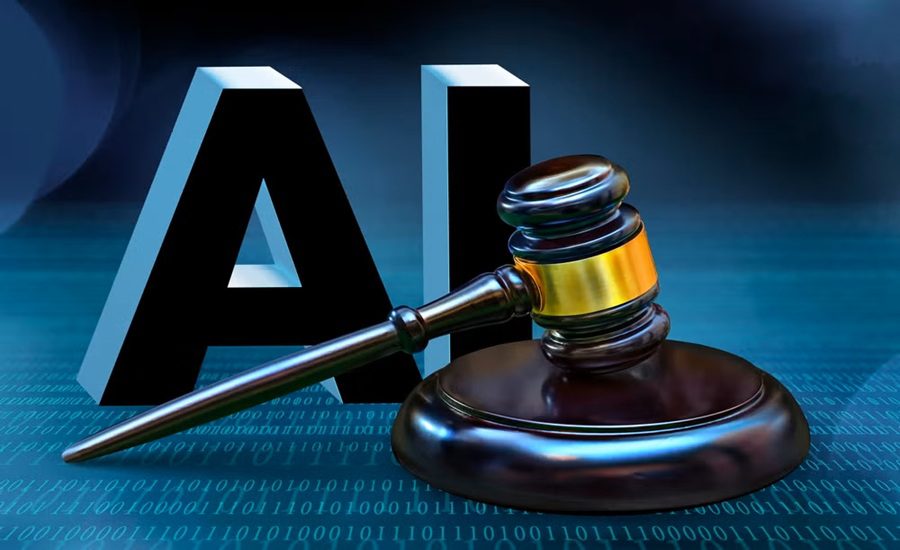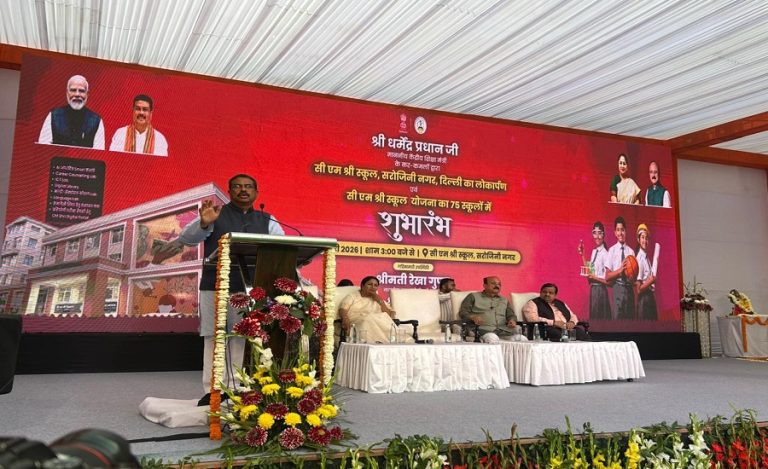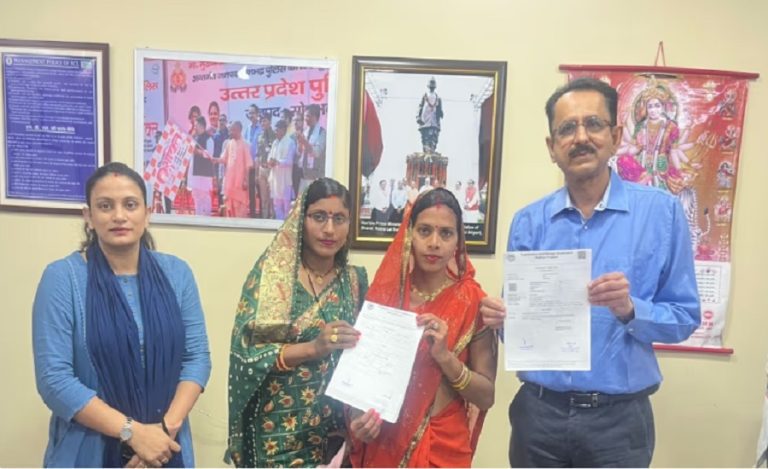New Delhi: In a significant stride toward building a more efficient, accessible, and technology-driven judicial system, the Government of India has outlined major milestones in enhancing the capacity, performance, and citizen-centric delivery of justice across the country.
At the heart of this transformation lies the National Mission for Justice Delivery and Legal Reforms, launched in 2011 with a twin focus: to reduce judicial delays and to promote accountability within the system. This mission has spearheaded structural and procedural reforms—ranging from human resource expansion to court infrastructure modernization.
This information was given by the Minister of State (Independent Charge) of the Ministry of Law and Justice and Ministry of Parliamentary Affairs Mr. Arjun Ram Meghwal in a written reply to a question in Lok Sabha today.
Expanding Courtrooms, Residences & Connectivity
Through the Centrally Sponsored Scheme (CSS) for Judicial Infrastructure, over ₹12,101 crore has been disbursed since its inception in 1993-94. The tangible results:
- Court halls surged from 15,818 (2013) to 22,372 (2025)
- Judicial residential units expanded from 10,211 (2013) to 19,851 (2025) over the same period
These developments have significantly improved work conditions for judicial officers and enabled smoother access to justice for litigants.
Digital India, Digital Justice
Perhaps the most transformative stride has been in digitization. Under e-Courts Phases I and II, more than 18,700 District and Subordinate Courts were computerized. Video conferencing facilities now connect over 3,200 court complexes with 1,272 jails, easing the logistics of undertrial production and judicial communication.
The momentum continues with e-Courts Phase III (2023–2027), launched with an allocation of ₹7,210 crore, aiming to usher in paperless, AI-driven courts. Key achievements to date include:
- 506 crore pages of court records digitized
- 3.65 crore hearings conducted via virtual platforms
- Live streaming operational in 11 High Courts
- 1,814 eSewa Kendras established across the country for litigant assistance
- AI tools deployed in case management and transcription in the Supreme Court
More Judges, Faster Justice
Judicial vacancies are steadily being addressed. Between May 2014 and July 2025:
- 70 Judges were appointed to the Supreme Court
- 1,058 Judges inducted and 794 Additional Judges made permanent in High Courts
- High Court sanctioned strength rose from 906 (2014) to 1,122 (2025)
- District and Subordinate Courts now have a working strength of 21,122 judges, up from 15,115 in 2013
Arrears Committees, established post the Chief Justices’ Conference in 2015, are working at both High Court and District levels to target long-pending cases—especially those older than five years.
Also Read: After VP’s Exit, Lok Sabha to Lead Probe Into Allegations Against Justice Verma – Details Inside
Fast-Tracking Justice, Protecting the Vulnerable
In line with the mandate of the Fourteenth Finance Commission, 865 Fast Track Courts are operational, addressing cases involving women, children, senior citizens, and heinous crimes.
Additionally, 725 Fast Track Special Courts (FTSCs), including 392 exclusive POCSO courts, have collectively disposed of over 3.34 lakh cases across 29 States/UTs. Special Courts have also been constituted to expedite criminal trials against elected MPs and MLAs.
Legislative & Alternative Reforms
To further unclog the judicial pipeline, the government has introduced major amendments to laws such as:
- Negotiable Instruments Act (2018)
- Commercial Courts Act (2018)
- Arbitration and Conciliation Act (2015, 2019, 2021)
- Specific Relief Act (2018)
- Criminal Laws (2018)
Pre-institution Mediation and Settlement (PIMS) has become mandatory in commercial disputes, and the Mediation Act, 2023 aims to elevate mediation to a core dispute resolution tool.
Notably, color banding and case management protocols in commercial courts now restrict adjournments and enforce systematic hearings—helping ensure faster and more disciplined proceedings.
A Culture of Service: Promoting Pro Bono
In a bid to institutionalize a culture of service in the legal fraternity, the Nyaya Bandhu platform now enables lawyers to register as Pro Bono Advocates. The initiative is live on UMANG and has seen robust engagement:
- Pro Bono Panels established in 23 High Courts
- Pro Bono Clubs launched in 109 law schools across India
These steps are nurturing a new generation of socially-conscious lawyers committed to justice delivery at the grassroots.




























